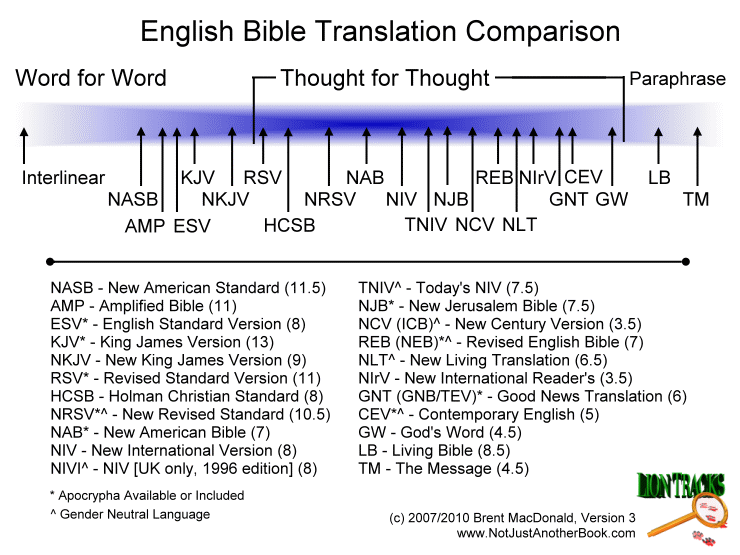I like to color-code when I study Scripture. Depending on what book I am studying, I pick a color scheme to make repeated topics and patterns stand out to me more vividly. A few years ago I was working my way through Proverbs, innocently highlighting, when some of the verses began to make their way off of the page and burn into my heart. {Amazing how God speaks to us when we dig into His Word!}
Page after page was brimming with that tell-tale pink highlighting.
The Proverbs have a lot to say about our speech.
The volume of our speech:
When words are many, transgression is not lacking,
but whoever restrains his lips is prudent. – Proverbs 10:19The heart of the righteous ponders how to answer,
but the mouth of the wicked pours out evil things. – Proverbs 15:28
The results of our speech:
There is one whose rash words are like sword thrusts,
but the tongue of the wise brings healing. – Proverbs 12:18A soft answer turns away wrath,
but a harsh word stirs up anger. – Proverbs 15:1
The destructiveness of gossip:
The words of a whisperer are like delicious morsels;
they go down in the inner parts of the body. – Proverbs 18:8Whoever goes about slandering reveals secrets;
therefore do not associate with a simple babbler. – Proverbs 20:19As charcoal to hot embers and wood to fire,
so is a quarrelsome man for kindling strife. – Proverbs 26:21
As I read through the admonitions about our speech contained in the book of Proverbs, I hear the words of James in my heart:
How great a forest is set ablaze by such a small fire! And the tongue is a fire, a world of unrighteousness. The tongue is set among our members, staining the whole body, setting on fire the entire course of life, and set on fire by hell. – James 3:5b-6
Serious. Sobering. As a person who finds myself ensnared by my words more frequently than any other aspect of my life, these verses sting and cut. Sometimes I even begin to despair – nothing reveals my fallen humanity like my speech. Like the prophet of Isaiah long ago, my heart cries – “Woe is me, for I am undone! Because I am a man of unclean lips…” (Isaiah 6:5, NKJV)
What is a girl to do? As much as I read what the Proverbs have to say about my speech, why does my tongue trip me up time and time again?
Jesus gives a sobering answer to my question in Luke 6:45: “The good person out of the good treasure of his heart produces good, and the evil person out of his evil treasure produces evil for out of the abundance of the heart his mouth speaks.”
Proverbs, an intensely practical book, describes for us the practical outcomes of our speech. But to control our speech takes more than just knowing what we shouldn’t do. I cannot will myself to be wise and holy. Only Christ can transform me from the inside out – and only being transformed from inside out can transform my speech. If I want the overflow of my heart to be uplifting, encouraging, and healing, my heart must be transformed in His presence.
As you dig into the book of Proverbs on your own, I highly recommend that you pull out your favorite Bible highlighters or colored pencils (I prefer crayola twist-up crayons!) and mark up those pages with the repeated themes that show up time and time again. And if you’re like me, those “speech and tongue” verses will jump right off the page and smack you in the face. But, friends, they are not a call to “try harder” or “bite your tongue.” They are like a mirror to us, revealing the sin lurking in our hearts when we are tempted to be enamored by our own self-righteousness. They call to us to humble ourselves before the throne room of God, asking Him to purify us from the inside out.
Sinful speech is a symptom of sin-sickness in our hearts – a sickness only God can cure.






